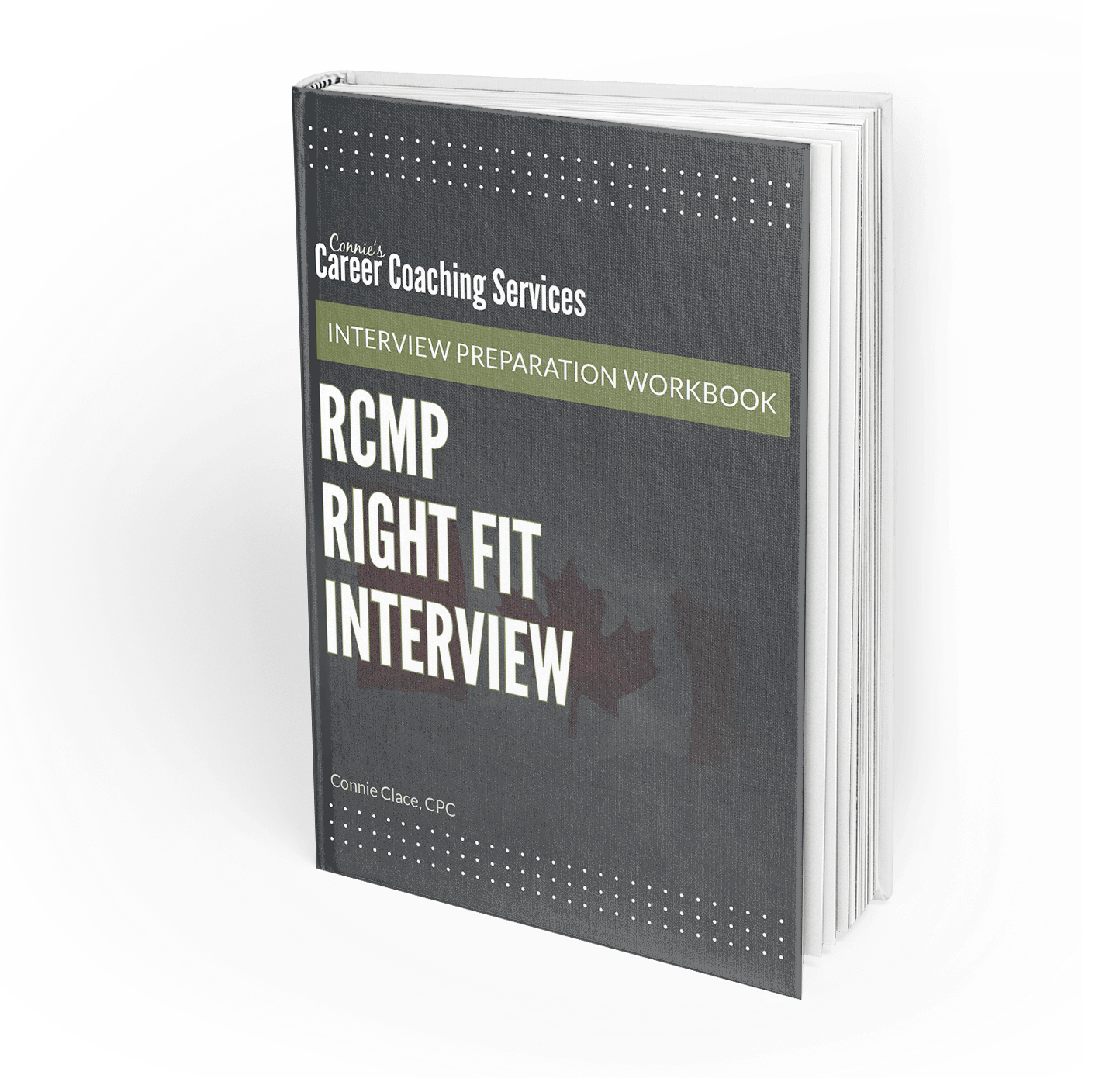RCMP Regular Member Suitability Interview – Teamwork
I recently posted about the changes to the RCMP applicant process and that they modified the interview from the Right Fit Interview, which assessed eight competencies, to the Regular Member Suitability Interview (RMSI), which assesses four competencies, and combines the RMAQ as part of the process. I am continuing the break down of each of the four competencies in a series of posts, to help you with your preparation during this stage of the process. During this phase of the RMSI, which is called the Attribute Interview, you will be asked a behavioural question for each of the four competencies. We are going to focus on Teamwork today. As I stated in my previous post, going through the RCMP Application Process and getting ready for the Interview can be one of the most challenging stages of the process, and one not to be taken lightly.
Taken from the RCMP Preparatory Guide for the Regular Member RMSI, the definition of Teamwork is:
Achieves common goals by working cooperatively with others and developing a positive work climate. Acts to facilitate the operation of teams of which they are a member.
Team Work for Behavioural Based Questions
The behavioural question will target your past experiences that demonstrate that you have a strong ability and desire to effectively work within a team environment.
For example, the interviewer might ask you to tell about a time when you had to motivate a team to perform at a higher level. Or when you were working on a team where members had difficulty adapting to differences among the team members. And then, what you did to help restore a positive work environment.
When you are preparing for the Interview, think about some situations where you were part of a team, and how you contributed to the positive interaction of the members. Try and think of examples where you were faced with problems that occurred when a group of people are working together to reach a common goal, i.e. conflict within the team, varying work levels and abilities, strong personalities, etc. Something that demonstrates that you have encountered team issues and are comfortable taking steps to address them. Don’t forget, this doesn’t just have to be work related examples. You can use volunteer time, sporting events, or periods during your education. Prepare several stories that you can use during the interview that demonstrate that you are committed to being an effective and contributing member of a team.
Remember, when answering these questions, you will articulate your example using the S*T*A*R principle.
Situation
Task
Action
Result
Carefully describe the situation, ensuring you are providing enough information to the listener so they understand the point of your story, and how it relates to teamwork. Then, describe your task. Make sure you focus on the task for the story, not your job, i.e. what is your task for helping the team work through the issues? Then, articulate the action that you took to solve the issue with the team. Describe in detail what you did. Don’t assume that the listener will know what you did. If you don’t say it, they can’t assess it. And then, what was the result? Think in terms of “because of what I did, this was the result”.
As you can see, there is a lot to think about when formulating these stories. The key is providing enough relevant information so the listener can establish that you meet the competency.
Catch up on all parts of this series: RCMP Competencies.
Do you know someone who is faced with this challenge? Feel free to share this post by using the share links at the top of this page. Also, if you’d like more interview tips, feel free to check out the interview resource page.


Leave a Reply